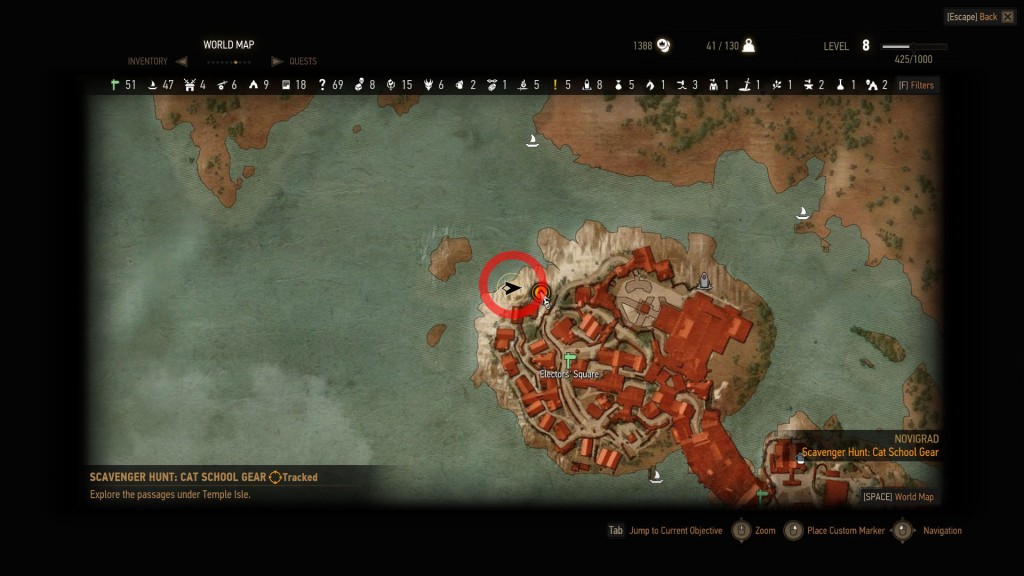

You see that game on your shelf called Gran Turismo 5? Pick it up. Now drop it in the nearest bin and forget it ever happened. Gran Turismo 6 delivers the racer we always knew the PS3 and Polyphony were capable of. In fact, it’s so good that even its minor annoyances can’t hold it back from negating the generational divide and snatching back its title of ‘best console racing sim’, next-gen be damned.
Even on hardware from 2006, GT6 manages native 1080p, 60fps (except for replays and particularly busy moments), and grids full of immaculately-modelled, licensed cars. And it tops all of this off with day/night transitions and wet-weather racing. It’s the full package straight out of the box, making its next-gen competition (*cough* Forza 5) look like a demo. For lens flare effects. Yes, I just went there.
The very first thing you notice when you take control of the initial race around Brands Hatch is the responsiveness of the steering. It’s all about realism, weight transferral, and inertia, yet there’s enough grip there to swerve around a slower AI car without having to cancel things in your diary to accommodate the manoeuvre. I cannot emphasise enough, driving a car in GT6 feels like no other racing game on the market, and I love it.
Obviously the first thing you’ll want to do is turn off all the assists, which include the obligatory dynamic racing line, traction control, ABS, and what have you. The game doesn’t need them and neither do you. Why? Because the cars are so controllable in their natural state, so perfectly balanced between realism and accessibility, pinpoint driving is possible even with a DualShock 3.
But while playing with the pad is perfectly enjoyable, purists will prefer a steering wheel. With a racing seat and Logitech Driving Force GT force feedback set, the experience is more realistic, but also far more physical, as you need to steer wildly just to catch an oversteer moment on full-lock. The force feedback is strong and solid-feeling, which couples with the game’s ultra-smooth movement to create a flowing sense of motion that you’ll want to savour.
However, get a corner wrong with either controller and the resulting physics are pretty special. In some cars, the sudden lack of grip on the grass means a dinner trolley slide into the barriers. Conversely, in a 4WD Mitsubishi Lancer Evo, it means a few seconds of rally driving as you try to keep it under control and wrestle the car back onto the circuit. Both simulations are exemplary.
Unlike many modern racers, there’s no rewind button. But that’s the cheat’s way out anyway. As a trade-off, impacts won’t end your race as thumping your car into the wall won’t affect your handling like it does in Forza or GRID. Damage is limited to a few scuff textures instead of a gearbox full of 3rd gears. You’re basically indestructible, which is one area the GT series still comes up short.
That aside, Polyphony has clearly learned a stack of lessons from its GT5-shaped misstep. For starters, every track now looks worthy of its HD resolution. Foliage is more naturalistic (softened by a touch of bloom lighting), and the lighting effects add considerable atmosphere to even the most basic races. The game also looks demonstrably better in 1080p compared to 720p because the pixel meshes used for distant foliage are less noticeable. There are a few jagged lines that betray the game’s now last-gen tech, but it could feasibly pass for a PS4 game if you didn’t know better.




 NHL 15 Wiki – Everything you need to know about the game .
NHL 15 Wiki – Everything you need to know about the game . Quickly Improve Your Handwriting with These Fantastic Resources
Quickly Improve Your Handwriting with These Fantastic Resources Dark Souls 2: Sell Items and Equipment
Dark Souls 2: Sell Items and Equipment Halo 5: all Skull and Intel locations guide
Halo 5: all Skull and Intel locations guide Fallout 4 Guide: How To Move Bodies And Objects
Fallout 4 Guide: How To Move Bodies And Objects